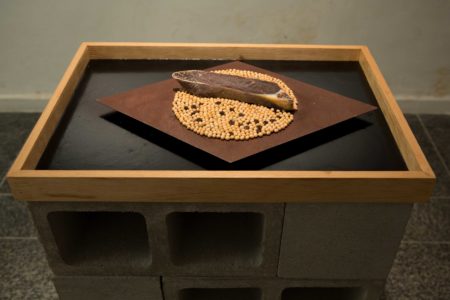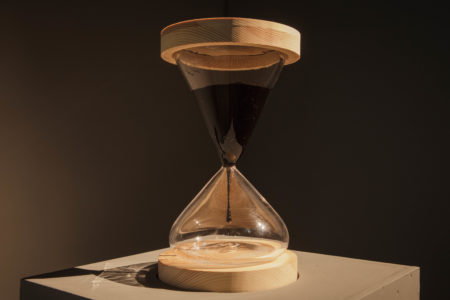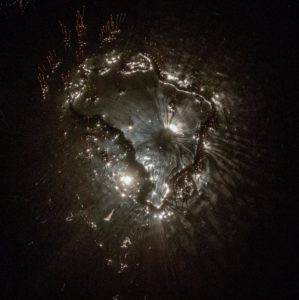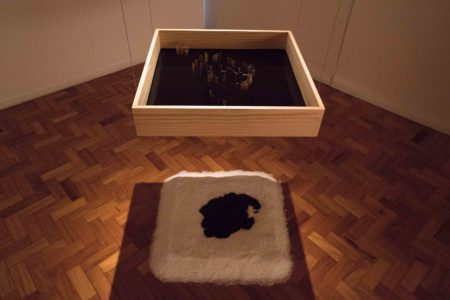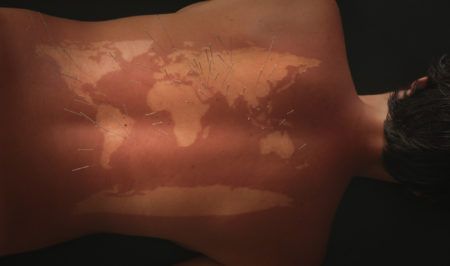Workshop XXVI, Mari Fraga, 15 June 2021
Brazilian artist Mari Fraga holds a PhD in Arts and Contemporary Culture at Rio de Janeiro State University Arts Department (UERJ, 2016), and is currently professor at Escola de Belas Artes of Federal University of Rio de Janeiro (UFRJ),where she coordinates the research group GAE focused on art and ecology. She presents her work on fossil fuels, human agency and nature from an ecological perspective.
Fraga’s research on fossil fuels began by looking into the carbon element, during an artist residency Akiyoshidai International Art Village (AIAV), Japan. Using carbon-based Sumi ink she began to look into the metabolism of living beings. Subsequently she turned her attention to asphalt to investigate the place it occupies within human activity and nature, exploring its materiality and symbolic meaning as well as offering a reflection on the urban landscape of a tropical city like Rio de Janeiro. For her historical research on bitumen science historian Robert Jacobus Forbes’ Studies in Ancient Technology (1955-1964) proved particularly useful.
Her PhD thesis traces how oil is connected to the development of Western civilization and culture. Using an interdisciplinary mapping methodology, it offers a multi-layered reflection about fossil fuels in connection with questions of climate change, the body, art and nature. Philosopher Bruno Latour’s actor-network theory is an important reference to reflect on geopolitics, and especially about the connection between oil and global power-relations. A second one is political theorist Timothy Mitchell’s Carbon Democracy: Political Power in the Age of Oil (2011), which analyses how the post-World War II oil energy network was strategically set up to dismantle workers’ organizing in Europe and the US which had taken place thanks to the development of the coal energy network.
In conjunction with her thesis, Fraga developed a series of artworks, shown in her exhibition Fossil Time at IBEU Gallery, Rio de Janeiro, 2016. 63 Perforations (2015) consists of a video performance in which a world map was marked on her own body through sun exposure. The video features an acupuncture section in which needles are placed in the main drilling sites of the planet, inviting us to consider how acupuncture seeks the body’s energy balance while oil drilling contributes to nature’s imbalance. Time is then further explored in Tempo Fóssil (Fossil Time, 2015), a sculpture hourglass filled with bitumen in movement, whose drop takes hours to form. Bitumen flows following the rhythm of a geological timescale, transcending the human scale.
Other works include Calculations for Planetary Acupuncture (2015), which offers calculations for an acupuncture session of the planet, and Fossil Pit (2016), mapping the sites of oil and gas reserves in Latin America using bitumen and acupuncture needles. Fraga mentions that this work was done in 2016, a time of obscure international interests in the Brazilian oil reserves and of corruption scandals involving the national oil company. The end result was a Congressional manoeuvre – a soft and cynical coup, 21st-century style – that deposed the President and degraded Brazil’s young democracy.
Burning fossil fuels we enter a timescale we know nothing about. We therefore need to think about how we are using the substance.
Brazil I Ecology I Bitumen I Mapping I Body I Acupuncture I Actor-Network Theory I Timescale
